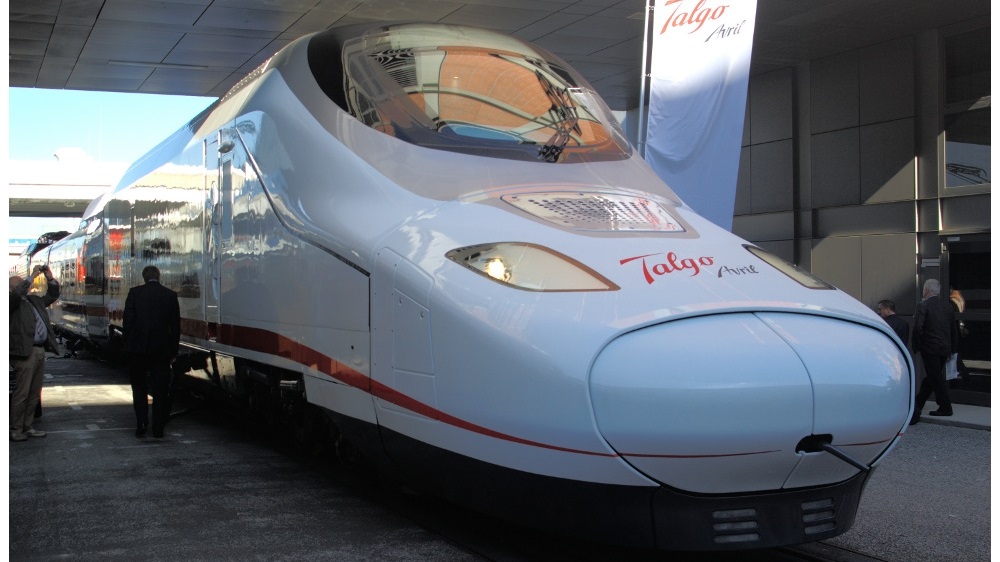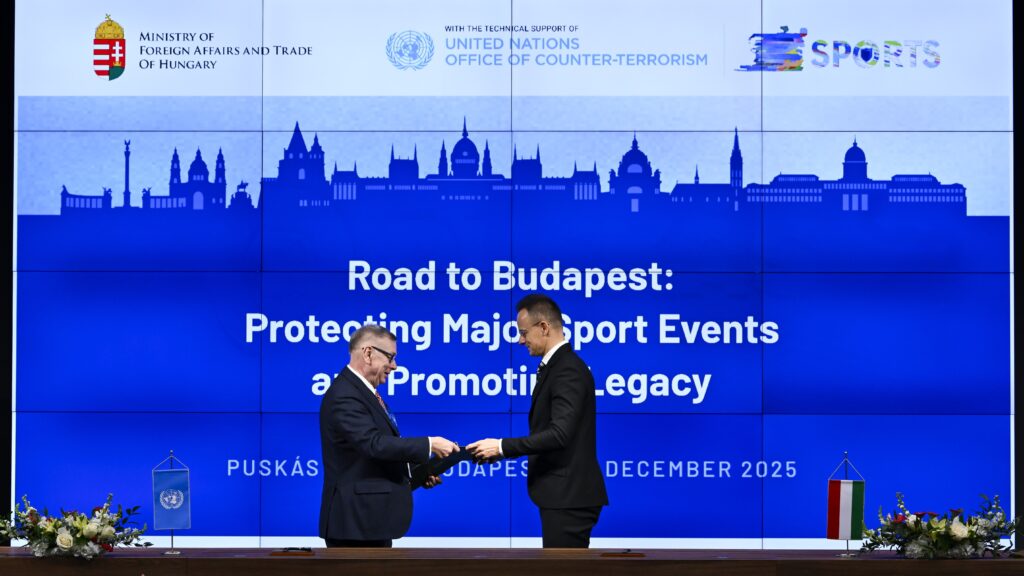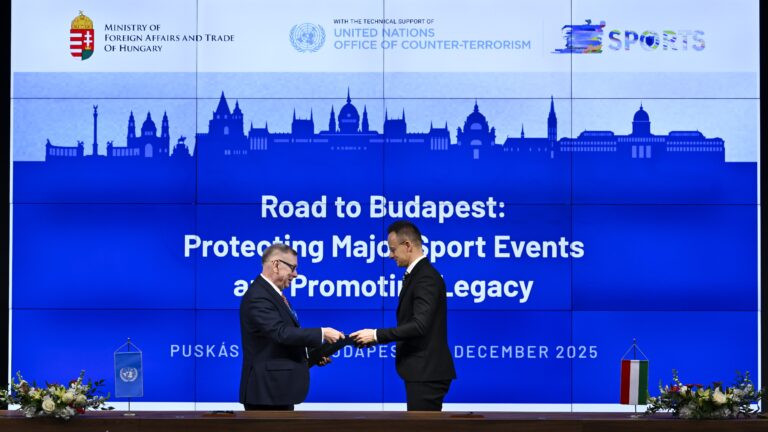The Spanish government decided to veto a takeover deal set to take place between the Hungarian consortium Ganz-MÁVAG Europe and the Spanish train manufacturer Talgo. The Hungarian company was about to acquire the Spanish company for a reported €619 million. However, appealing to supposed Russian ties, the Socialist Pedro Sánchez administration did not allow the deal to go through, based on information received by the country’s National Intelligence Centre (CNI), as the Spanish paper El País reports.
The state-owned investment fund Corvinus holds a 45 per cent stake in Ganz-MÁVAG Europe, while the remaining 55 per cent is owned by the Budapest-based Ganz-MÁVAG Holding Zrt, which, in turn, is owned by GGMD Vagyonhasznosítási és Fejlesztési Holding Zrt. Zoltán Fitos serves as the chairman of Ganz-MÁVAG Holding.
POLITICO quotes a spokesperson for Ganz-MÁVAG, who claims that the consortium will ‘take legal action both in Spain and in Europe’. Meanwhile, the same article also quotes public statements from the Ministry of Economy, Trade and Business (MINECO) of Spain, purporting that the acquisition deal would have posed ‘insurmountable risks for national security and public order’.
So,
this issue will likely be yet another battle between Brussels and Budapest,
as the case is likely to go before the European Court of Justice, and the European Commission will also be called on to weigh in on the matter.
Tensions have already been heightened between the EU leadership and the Orbán administration for the very same issue at the heart of this matter, Hungary’s alleged close ties to the Kremlin. The Orbán administration has faced intense scrutiny for allowing Russian and Belarussian citizens to take part in their National Card programme. Under the scheme, citizens of certain countries do not have to meet the strict requirement of guest worker visa applicants to come and work in Hungary. Prime Minister Viktor Orbán has also faced backlash for meeting with President Vladimir Putin of Russia back in July, early into Hungary’s presidency of the Council of the European Union.
Joost on X (formerly Twitter): “Spain’s government blocked a bid by Hungary’s Ganz-Mávag to buy Talgo, saying it posed “insurmountable risks for national security and public order” over alleged ties with Moscow, after reports by intelligence agency CNI and National Security Departmenthttps://t.co/XtQdsUDXPr / X”
Spain’s government blocked a bid by Hungary’s Ganz-Mávag to buy Talgo, saying it posed “insurmountable risks for national security and public order” over alleged ties with Moscow, after reports by intelligence agency CNI and National Security Departmenthttps://t.co/XtQdsUDXPr
The tensions over alleged Russian influence got the the point where, according to POLITICO, the primary concern behind the Spanish government stepping in and preventing a deal for hundreds of millions of euros from taking place in the free market was that the Hungarian company might share trade secrets with the Russian government on how to manufacture trains with gauges that can adapt to different railways in different countries, a proprietary technology developed and owned by Talgo. The fear was that the Russian government could use this to transport Russian troops into Ukraine.
The Orbán administration has voiced its misgivings about the leftist Sánchez government before the vetoed train deal as well.
The main criticism was that of a double standard in Brussels, by which it raised no rule of law concerns over the Sánchez administration forming a coalition with illegal Catalan separatists in exile to be able to form a majority government. Meanwhile, Hungary is under constant rule of law assessment processes by Brussels for lesser violations.
Related articles:







